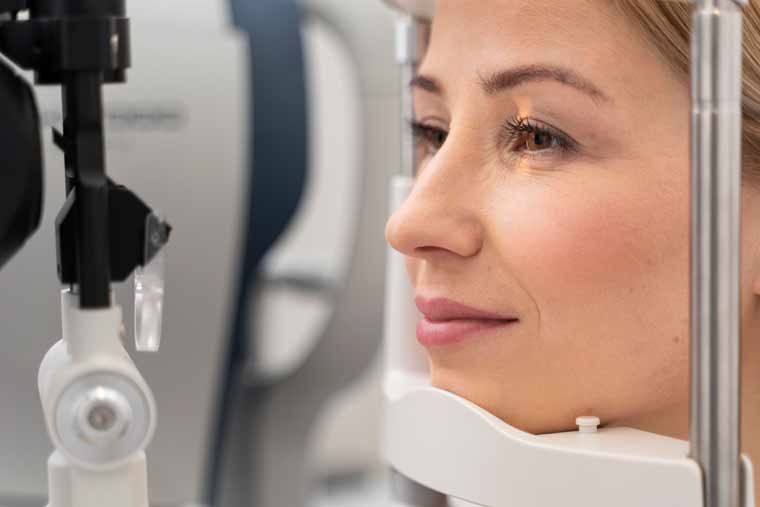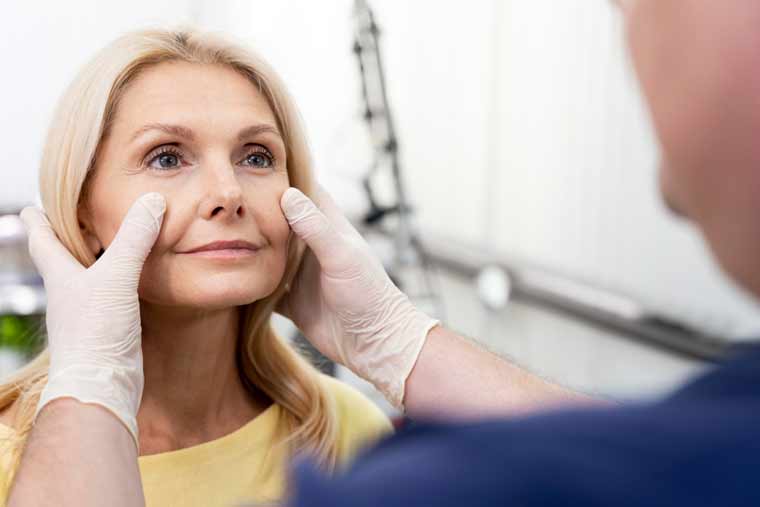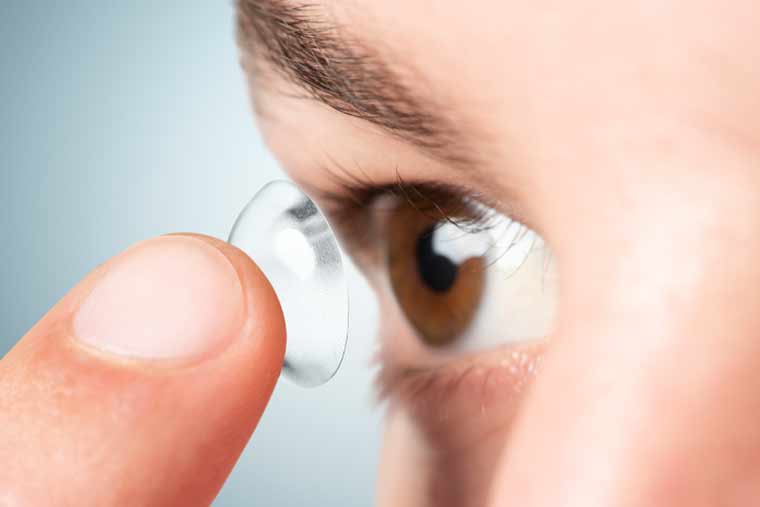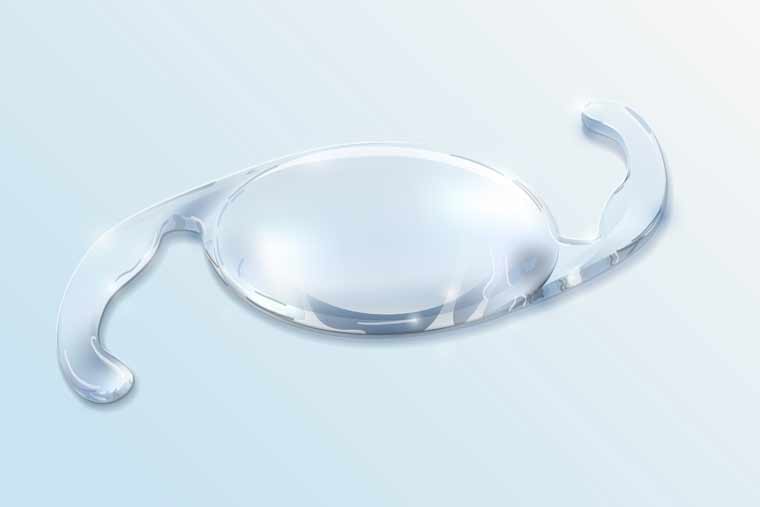Understanding the Main Causes of Congenital Cataracts
December 14, 2023
Have Any Questions?
Please contact us, if you have any queries
Categories
Cataracts, a condition characterized by the clouding of the eye’s natural lens, are often associated with aging. However, when cataracts develop in infants or children, it is referred to as congenital cataracts. This rare condition raises questions about its origins and causes. In this blog, we will delve into the main causes of congenital cataracts, shedding light on this unique aspect of eye health.
Genetic factors:
One of the primary causes of congenital cataracts is genetic mutation. These mutations can be inherited from one or both parents or may occur spontaneously during the early stages of foetal development. Genes associated with the formation and maintenance of the eye’s lens can undergo changes, leading to the development of cataracts at birth.
Infections during pregnancy:
Certain infections contracted by the mother during pregnancy can increase the risk of congenital cataracts in the developing foetus. Rubella (German measles), toxoplasmosis, and herpes simplex are examples of infections that, when present during pregnancy, may contribute to the occurrence of cataracts in the newborn.
Metabolic disorders:
In some cases, congenital cataracts may be linked to metabolic disorders affecting the infant. Galactosemia, a rare genetic disorder that impairs the body’s ability to metabolize galactose, has been associated with an increased risk of cataracts. Early detection and management of metabolic disorders are crucial in preventing complications like congenital cataracts.
Intrauterine factors:
Exposure to certain intrauterine factors, such as medications or substances, can play a role in the development of congenital cataracts. For instance, the use of corticosteroids during pregnancy has been linked to an elevated risk of cataracts in newborns.
Trauma or injury during pregnancy:
Physical trauma or injury to the developing foetus during pregnancy can contribute to the formation of congenital cataracts. Trauma may affect the delicate structures of the eye, leading to abnormalities in the lens.
Complications of premature birth:
Premature birth and low birth weight can increase the likelihood of congenital cataracts. Babies born prematurely may experience complications related to the development of various organs, including the eyes.
Radiation exposure:
Exposure to radiation during pregnancy is a known risk factor for congenital cataracts. Whether from medical procedures or environmental sources, radiation can interfere with the normal development of the eye and contribute to the formation of cataracts in newborns.
Treatment and management:
Early diagnosis and intervention are crucial for managing congenital cataracts. In many cases, surgical removal of the cataract and the implantation of an artificial lens can restore clear vision. The timing of cataract surgery may vary depending on the severity of the cataract and its impact on the child’s vision.
For expert guidance and comprehensive care for congenital cataracts, consider Dr. Rani Menon Maxi vision Eye Hospital – Best eye clinic in Thrissur. With a focus on patient-centred care and advanced treatment options, Dr. Rani Menon and her dedicated team are committed to ensuring the best possible outcomes for patients with congenital cataracts.
Book an appointment or Call us for Bookings @ +91 98468 78222








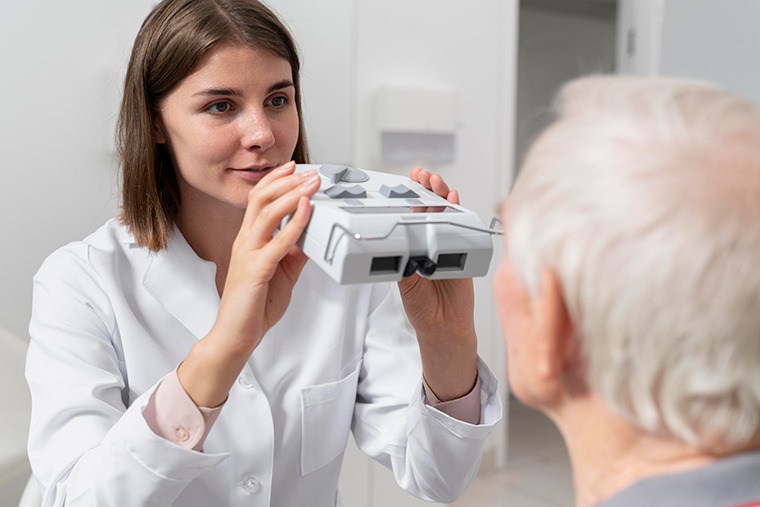 Living with diabetes and vision requires constant vigilance over various aspects of your health. While most individuals are familiar with the impact of diabetes on blood sugar levels and organ function, it’s crucial not to overlook its effects on vision. Diabetes can significantly impact eye health, leading to complications that may result in permanent vision impairment. In this blog, we will explore three ways diabetes can affect your vision and the importance of regular eye check-ups.
Living with diabetes and vision requires constant vigilance over various aspects of your health. While most individuals are familiar with the impact of diabetes on blood sugar levels and organ function, it’s crucial not to overlook its effects on vision. Diabetes can significantly impact eye health, leading to complications that may result in permanent vision impairment. In this blog, we will explore three ways diabetes can affect your vision and the importance of regular eye check-ups.
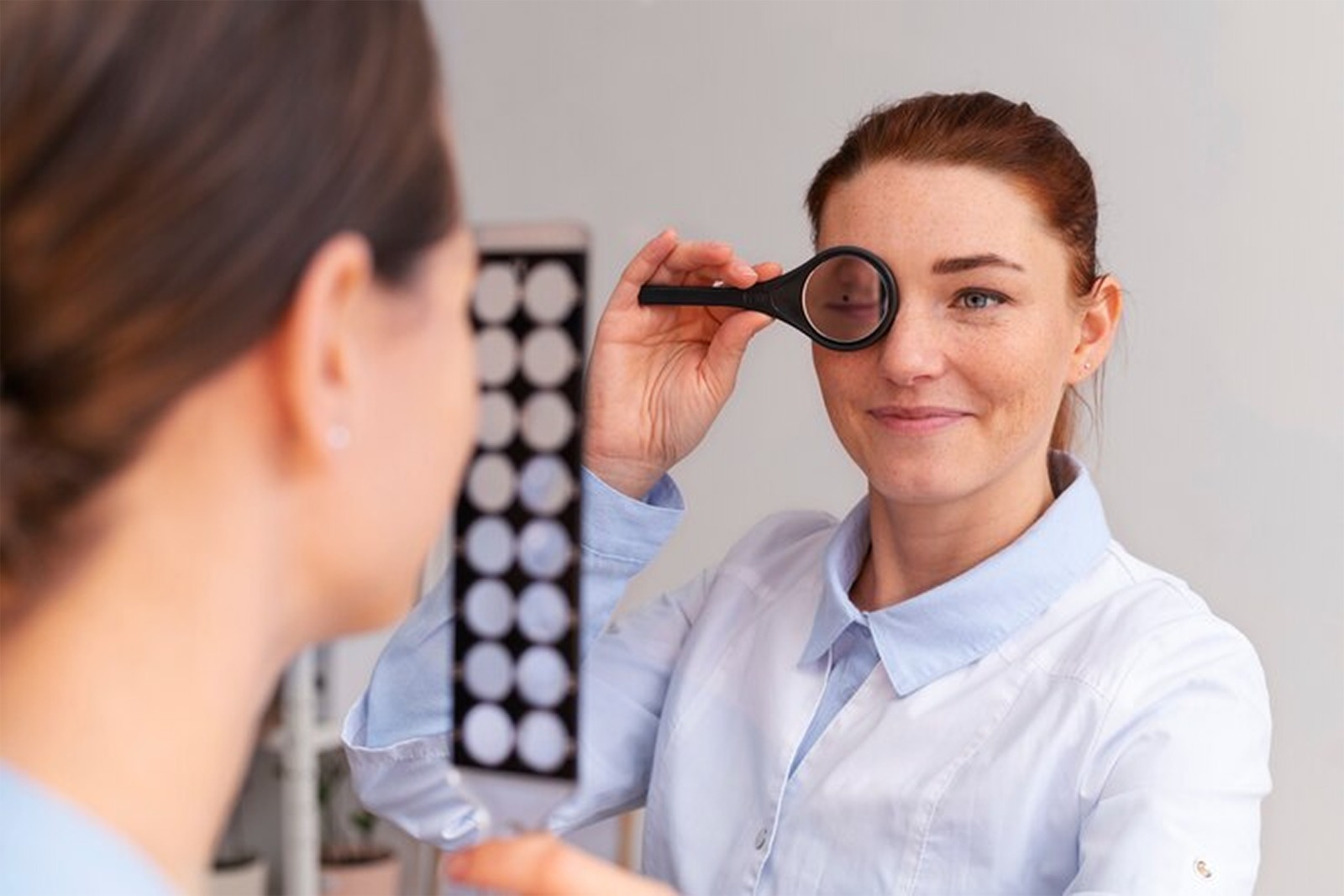
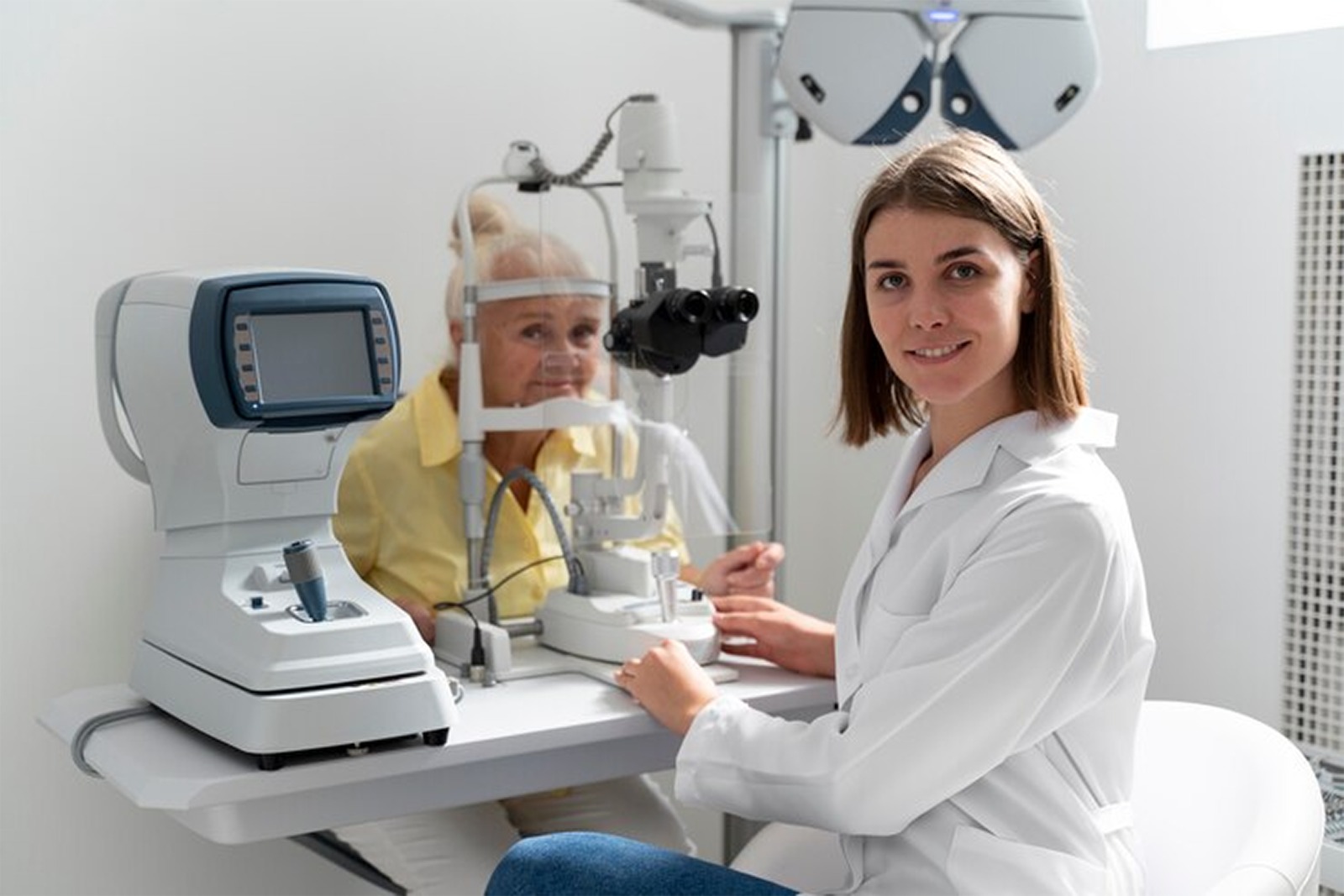

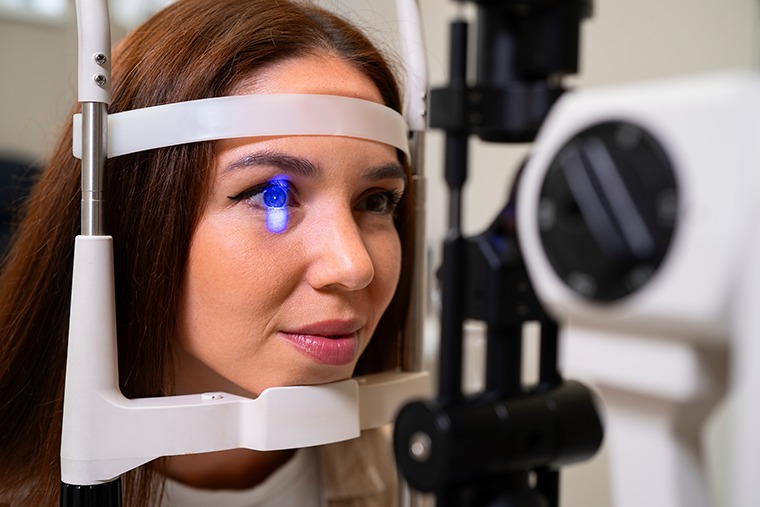

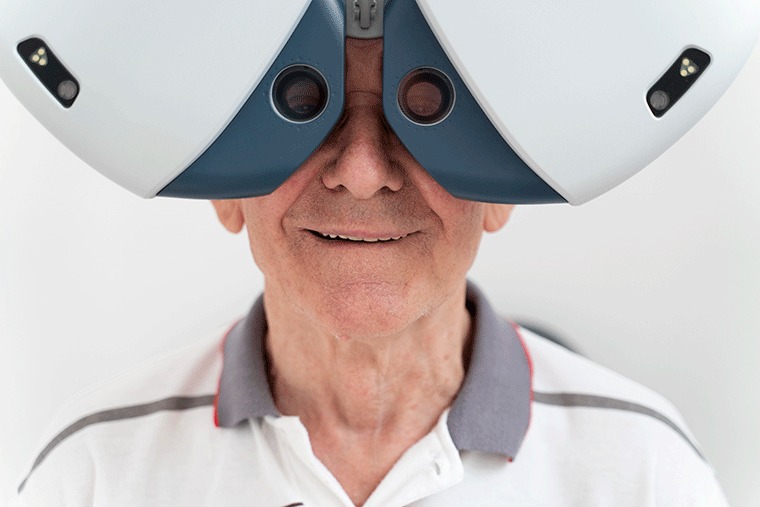
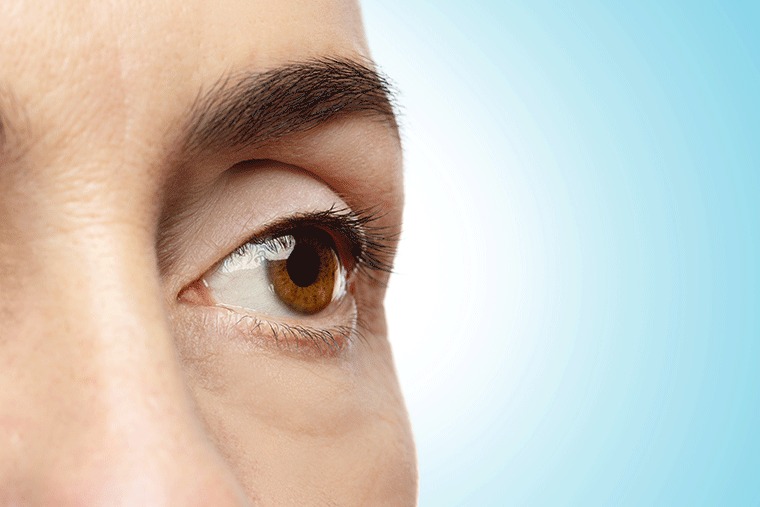

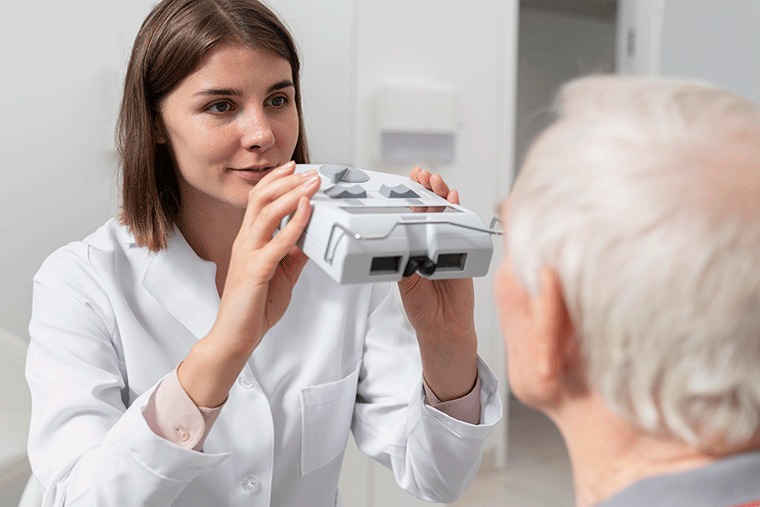 When is surgery necessary for glaucoma?
When is surgery necessary for glaucoma?

